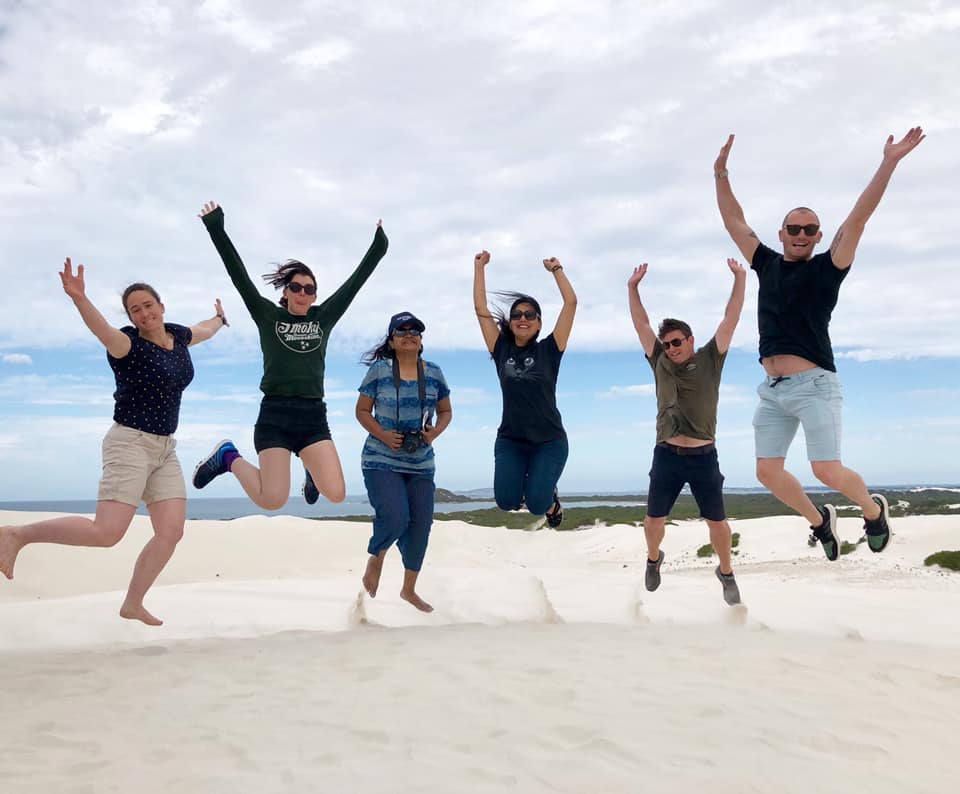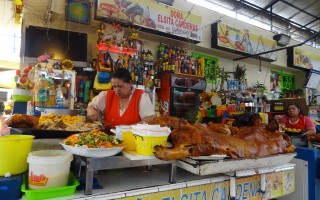
According to a recent study, only 42% of U.S. citizens currently have a passport (as oppose to 4% in 1990). More Americans are traveling abroad than ever. If you are someone who is leaving the country for the first time, it is good to do your homework. You are probably getting excited to go on […]
view the post

You planned every detail, put aside savings, and waited all year for that two- week vacation abroad. The last thing you want to do is fall sick during your time in the magical new place and not be able to enjoy it. Unfortunately, our bodies do get sick every so often depending on what we […]
view the post